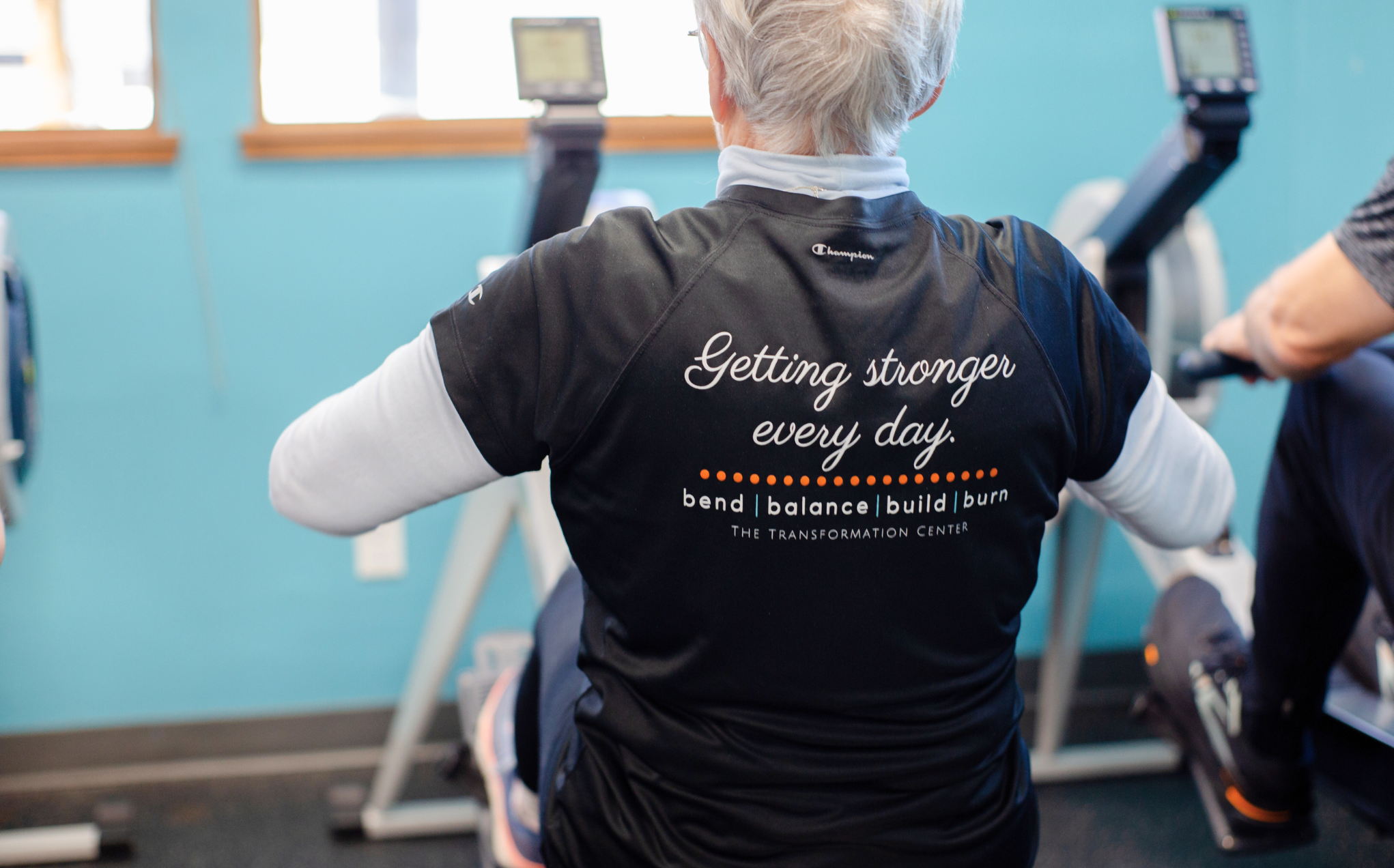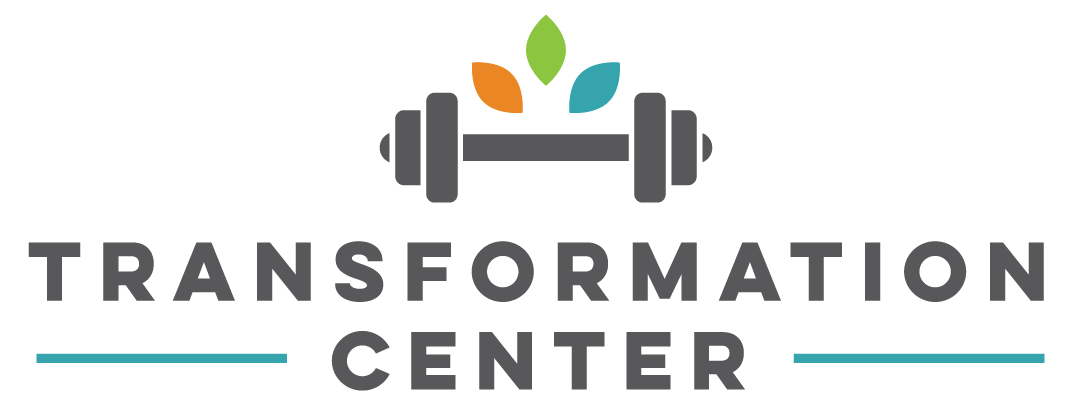
Let’s talk about it—the hot flashes, mood swings, sudden weight gain, sleepless nights, and the general feeling that your body is no longer playing by the rules.
If you’re in your late 40s to early 60s and wondering, “What is happening to me?”—you’re not alone, and you’re definitely not broken.
Whether you’re perimenopausal, in the thick of menopause, or years past it, hormone shifts during this time can impact everything from your energy levels to your waistline to your emotional well-being.
The good news?
There are evidence-based tools that can help you take back control—and feel strong, capable, and yourself again.
Top 5 Questions We Hear From Women 45–60
1. What is the difference between perimenopause, menopause, and postmenopause?
Perimenopause is often the most symptomatic stage—but many women don’t realize they’re in it. It can begin in your late 30s or 40s and last anywhere from 4 to 10 years. Hormones like estrogen and progesterone fluctuate unpredictably, which can disrupt sleep, trigger irritability, impact memory, and cause irregular cycles or heavier/lighter periods.
Menopause is officially marked by 12 consecutive months without a menstrual period—usually around age 51. Hot flashes, night sweats, vaginal dryness, and mood shifts are common due to the sharp drop in estrogen and progesterone.
Postmenopause is everything that comes after. Hormones stabilize at low levels, but the long-term effects of estrogen decline can still influence your bone density, heart health, muscle mass, and overall energy levels. Symptoms may ease—or persist—depending on genetics, lifestyle, and stress.
2. Why am I gaining weight even though nothing else has changed?
It’s not your imagination, and it’s not laziness—it’s biology. As estrogen drops:
- Your insulin sensitivity decreases, making it easier to store fat—especially in the abdomen.
- Lean muscle mass naturally declines with age, which causes your metabolism to slow
- Poor sleep and increased cortisol (stress hormone) can increase cravings, particularly for sugar and carbs.
- You may not be moving less, but your body is less efficient at burning fuel and building muscle without support.
To counteract this, prioritize resistance training, daily movement, adequate protein, and managing stress—these tools help restore metabolic balance and improve body composition.
3. Is hormone replacement therapy (HRT) safe?
HRT is much safer than it used to be perceived, especially when started under 60 or within 10 years of menopause. It can:
- Reduce hot flashes and night sweats
- Improve sleep
- Support mood
- Protect against bone loss and fractures
Always make sure to do your research but some types include pills, patches, creams, and bioidentical options. It’s not one-size-fits-all, and there are risks for some women, especially with a history of breast cancer or blood clots—so individualized care is essential.
Don’t rule it out based on fear or misinformation. Talk to a hormone-literate provider or a menopause-trained MD because this is not every professional’s specialty.
4. Why do I feel so anxious, depressed, or unmotivated when nothing seems ‘wrong’?
Estrogen is deeply connected to brain function—it helps regulate:
- Serotonin (mood)
- Dopamine (motivation/reward)
- Cortisol (stress response)
As levels drop, many women experience mood swings, irritability, fatigue, or even depressive symptoms. Add sleep disruption and body image shifts, and the mental toll can be significant. These aren’t “in your head”—they are in your hormones. Addressing them through movement, community support, nutrition, and (when needed) HRT or therapy can make a huge difference.
5. How do I build muscle and feel strong again after 50?
After age 40, women lose ~1% of muscle per year, and this speeds up during menopause unless counteracted. Muscle is the “organ of longevity”—it helps:
- Regulate blood sugar and metabolism
- Prevent falls and injuries
- Maintain independence and energy
The key is progressive strength training at least 2–3x per week, plus adequate protein (aim for 0.7–1g per pound of goal body weight daily). Add in mobility and cardio for heart health and recovery, but don’t skip the weights—even bodyweight or bands count.
8 Science-Backed Recommendations for Women in Midlife
Whether you’re navigating perimenopause or deep into postmenopause, here’s what you can do:
1. Prioritize Protein at Every Meal
Muscle mass naturally declines with age, and estrogen loss accelerates that process. Aim for 25–35g of protein per meal—animal or plant-based sources count.
2. Strength Train 2–4 Times/Week
Lift weights, use resistance bands, or try bodyweight strength training. Resistance builds muscle, strengthens bones, and supports a healthy metabolism.
3. Add Cardiovascular Movement (But Don’t Overdo It)
Brisk walking, cycling, swimming—these reduce stress, support heart health, and help manage weight. But too much cardio can increase cortisol and backfire. Mix in moderate movement and recovery.
4. Consider Key Supplements
- Vitamin D + K2: Supports bone health and mood. Many midlife women are deficient.
- Magnesium (Glycinate or Citrate): Aids sleep, reduces anxiety, eases muscle tension.
- Creatine: Helps preserve muscle, improves strength and brain function (stay tuned—we’ll dive deeper in a future blog).
Always consult your provider before starting new supplements.
5. Balance Blood Sugar
Midlife hormone shifts can make your body more sensitive to blood sugar swings. Focus on fiber-rich veggies, quality fats, and proteins to keep energy steady and cravings in check.
6. Sleep Like It’s Your Job
Easier said than done, right? But sleep is critical. Create a routine: limit screens, keep your room cool and dark, try magnesium or guided NSDR (non-sleep deep rest) to wind down.
7. Manage Stress—Daily
Chronic stress = elevated cortisol = worsened menopause symptoms. Add 5–10 minutes of breathing, journaling, walking, or just being each day. It adds up.
8. Connect with a Community
You’re not meant to go through this alone. Whether it’s a class, a group program, or just a regular walking buddy, social connection helps regulate mood, improve consistency, and boost self-esteem.
It’s Not About “Getting Your Old Body Back”
It’s about getting strong for the next chapter—so you can live, move, and age on your terms.
If you’re a member of the Transformation Center you know how we support women through every life stage.
Our programs like Sweat Fit, Killer Kurves, Fit Over 50, and small-group strength classes are designed with science-based coaching, a whole-body approach, and most importantly—compassion.
We know how it feels to be overwhelmed, under-slept, and unsure of where to start. That’s why we meet you exactly where you’re at—with realistic goals, a supportive community, and expert guidance that makes you feel seen and understood.
Final Thoughts
Hormonal changes can make you feel like a stranger in your own body. But with the right support, it is possible to feel confident, capable, and in control again.
Whether you’re struggling with fatigue, frustration, or just want to get stronger—your health is still in your hands. You are not too late, too far gone, or too old.
You are powerful. You are resilient. And we’re here to help you prove it—one rep, one meal, one good night’s sleep at a time.
Want to start with a program that works with your changing body, not against it?
Message us to learn more about why more and more women (and men) are choosing the Transformation Center!

Recent Comments